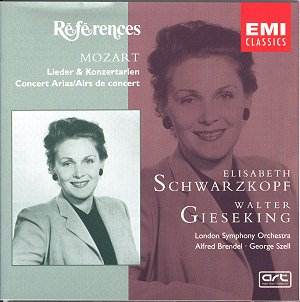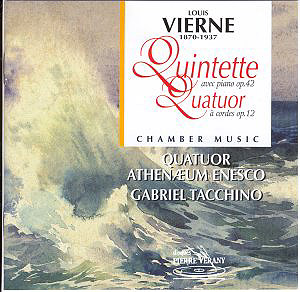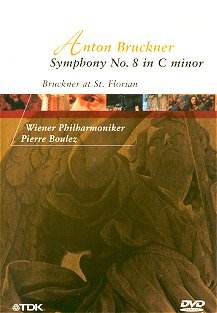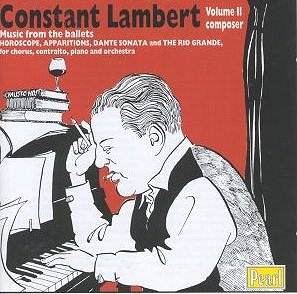 Composer: Wolfgang Amadeus Mozart
Composer: Wolfgang Amadeus Mozart
Works: Ridente la calma, K. 152; Oiseaux, si tous les ans, K. 307; Dans un bois solitaire, K. 308; Die kleine Spinnerin, K. 531; Als Luise die Briefe, K. 520; Abendempfindung, K. 523; Das Kinderspiel, K. 598; Die Alte, K. 517; Das Traumbild, K. 530; Das Veilchen, K. 476; Der Zauberer, K. 472; Im Frühlingsanfang, K. 597; Das Lied der Trennung, K. 519; Die Zufriedenheit, K. 349; An Chloe, K. 524; Sehnsucht nach dem Frühling, K. 596; Ch’io mi scordi di te?, K. 505; Vado, ma dove?, K. 583; Alma grande e nobil core, K. 578; Nehmt meinen Dank, K. 383
Performers: Elisabeth Schwarzkopf (soprano), Walter Gieseking (pianoforte); Elisabeth Schwarzkopf (soprano), Alfred Brendel (pianoforte); London Symphony Orchestra/George Szell
Recording: Recorded 13, 14, 16 April 1955, No. 1A Studio, Abbey Road, London; Recorded 10, 11, 14, 18 September 1968, Kingsway Hall, London
Label: EMI
Mozart’s forays into the realm of song, particularly in the context of Lieder and concert arias, reveal the complex interplay between operatic expression and the intimate nuances of vocal music. The present compilation showcases the evolution of his vocal writing, from simple strophic forms to more sophisticated character pieces that foreshadow the great Lieder tradition that Schubert would later epitomize. It is a testament to Mozart’s genius that these works, although often overshadowed by his operatic masterpieces, possess a charm and depth that merits exploration, particularly through the interpretative lens of a singer like Elisabeth Schwarzkopf.
Schwarzkopf’s contributions to this recording, especially in the earlier 1955 sessions with Walter Gieseking, epitomize the delicate balance between technical prowess and emotional engagement. Her voice, at that time, is marked by a clarity and vibrancy that enhances the subtlety of Mozart’s melodic lines. Noteworthy is her delivery of “Das Lied der Trennung,” where her unique approach to consonants, particularly in the word “zeigen,” defies conventional expectations. Rather than adhering strictly to the normative vocal pedagogy, she embraces the challenge of singing through the “n,” injecting a personal yet stylistically appropriate color into the performance. This idiosyncratic choice, alongside her ability to deepen her tone in emotionally charged moments, such as in “Abendempfindung,” demonstrates her profound understanding of the text and its subtext.
Gieseking’s piano playing deserves equal praise, as he navigates the delicate dance between accompaniment and commentary with remarkable finesse. His decision to forgo the sustaining pedal throughout many passages exposes the inherent beauty of Mozart’s harmonic language. In “Abendempfindung,” Gieseking transforms a straightforward accompaniment into a tapestry of melodic and contrapuntal richness, subtly responding to Schwarzkopf’s interpretations. His artistry lies in the way he crafts variations in color and dynamics that enhance the vocal line rather than overshadow it, revealing a deep partnership between singer and pianist.
The later recordings from 1968, featuring George Szell and the London Symphony Orchestra, offer a different texture to Schwarzkopf’s voice, which has matured into a fuller and rounder instrument. While these interpretations, particularly of “Vado, ma dove?” and “Nehmt meinen Dank,” are undeniably beautiful, they occasionally lack the freshness and spontaneity that characterized her earlier work. Szell’s approach, while meticulously detailed, can at times weigh heavily on the proceedings, contrasting sharply with the more effervescent interpretations from her Naples performances a decade prior. The nuances of the orchestral accompaniment, while skillfully rendered, sometimes overshadow the intimate quality of the song, leading to a result that feels less dynamic than one might hope.
The engineering of these recordings is commendable, offering a balanced sound that allows the listener to appreciate both the vocal and pianistic contributions without compromising either. The clarity of the recorded sound from Abbey Road and Kingsway Hall provides an intimate yet expansive listening experience, making the nuances of Schwarzkopf’s interpretations and Gieseking’s pianism readily accessible.
This compilation not only serves as a showcase of Mozart’s lesser-known vocal works but also as a testament to the artistry of Schwarzkopf and her collaborators. The recordings highlight both the historical significance of the pieces and their continued relevance in the canon of classical vocal music. Through her unique interpretative choices and Gieseking’s masterful accompaniment, this collection breathes life into Mozart’s songs, inviting listeners to appreciate their beauty and complexity anew. The album stands as a crucial addition for anyone seeking to understand the evolution of song in the Classical era, revealing the groundwork laid by Mozart for future generations of composers and singers alike.



